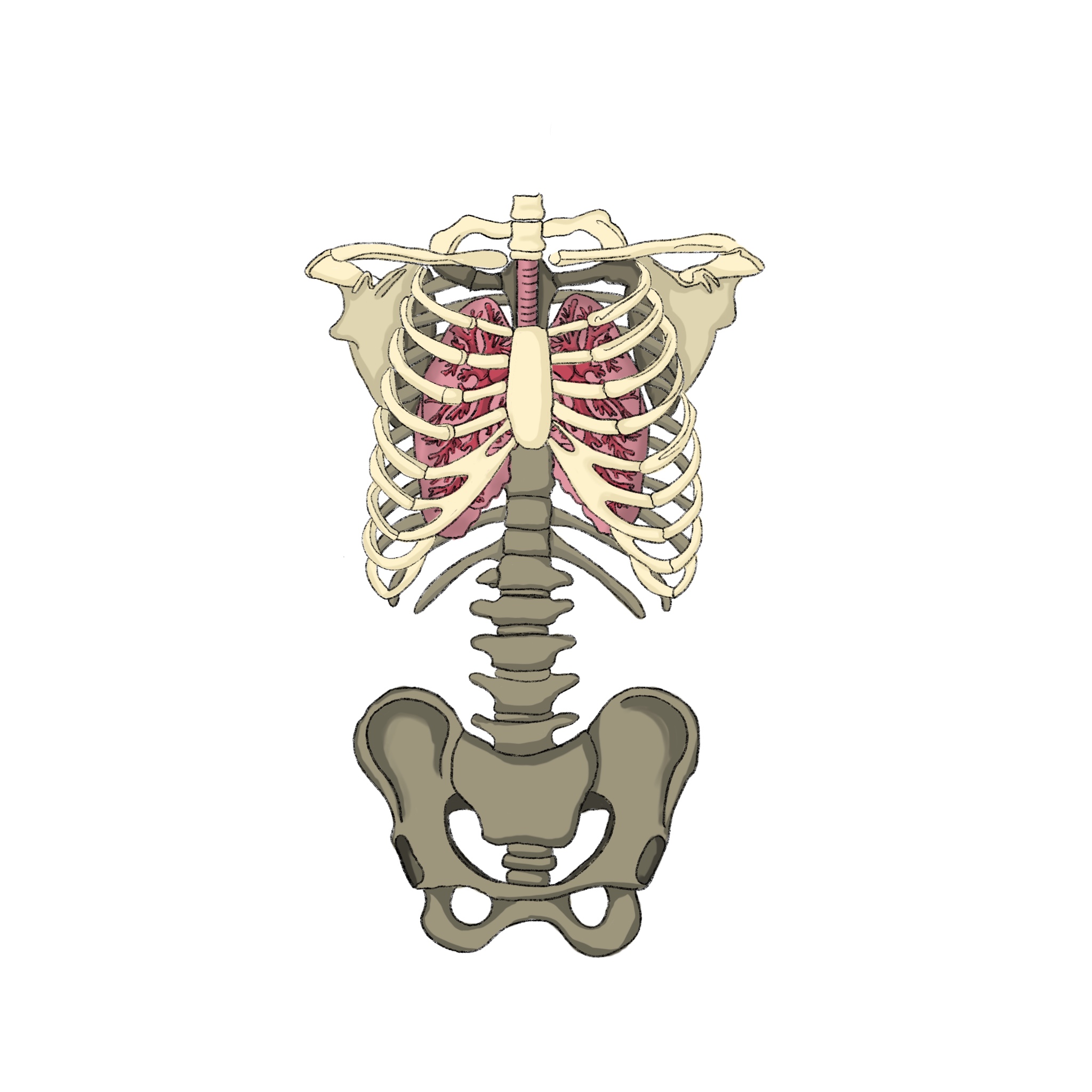It started that Monday, when the mourning doves cooed restlessly outside the open window, and the rain drizzled softly, and the tombstone-colored spires pierced through the sky the way my ribs cut through my skin.
Up until this day, I found nothing but naïve happiness in moments such as these. I loved the rain, the quietness, the shape of nothingness that shook my shoulder in the mornings, slowly and kindly lifting me out of slumber. Mornings were for me. They were habitually the times in which I felt the most like myself; I flourished while sitting over cups of coffee, pondering over everything and nothing of any importance. During these mornings, I saw colors in the sky, colors that I loved—pinks and magentas that transformed into gray-blues—and smelled the beauty of fresh rain crashing into the ground. I left my window open at night so as to experience such morning beauties. Hence, these sensations of pleasantness were what I was expecting, hoping for, and even craving on that Monday. But instead, that particular morning slapped me across the face, filling my body with the milky smell of death, and bruising a dent into my cheek.
Courtney Love wrote about this stench in that Hole song—she used the milk metaphor, that is. “Milk is so sour,” which is how I understood that dreary February week. It smelled putrid wherever I went that week. Courtney—along with her band—has been the only one thus far to correctly identify these feelings. She described the burdening notion of navigating life while experiencing an overarching and chronic, yet, almost entirely unrecognizable pain. Courtney Love, as a misunderstood heroine, remained vague about her pain. It seemed like she was unable to place her finger on it, that she was just barely out of reach of her own feelings, which is how I found myself to be. All of this to say, one element threaded throughout the song is this sense of thick, milky dread. And this translated into my life.
The air that I was normally able to breathe with ease felt saturated; it got stuck in the crevasses of my lungs, dirty and thick. The East Coast rain—an element that had nourished my roots and sprung me into being—suddenly felt heavy. I was no longer wet behind the ears; instead of landing gently upon my skin, the rain served as tart lethargy, and it ran deeper. It seeped into my pores, crawled around under my skin, and wove itself into the core of my cells. I felt wilted. The problem remained, though, that I didn’t know where this was coming from.
My vision blurred alongside my weakened lungs; it seemed modified, tampered with by a painful feeling of regret and guilt. Detachment is the only true way I can describe this sentiment. I felt externalized, as though I viewed myself from afar. I remember one peculiar day where I sat outside, cross-legged under a velvet sheet of sky, crying sky. I was attempting to find an escape—even just a small one—from the stench that I had become. And as I sat there staring, I saw my own self walking across the way. People-watching, while a fun activity otherwise, is nothing short of scary when you witness your own self. I sat in shock. No thoughts entered nor left my head.
But unlike how it was described by Courtney in that Hole song, I found no solace away from this acidity. I continued my days like this: in total estrangement from myself. I had quite literally seen myself; but, I wasn’t able to feel myself—me, to me, was just out of reach.
Oh, but I was so close. The life that I had loved and cherished had been ripped from inside of me. My skin had been turned inside out. My tears welled up inside, but unlike that constant rain, they never found any release.
And as I sit here—weeks later—I am writing and, apparently, recovered, for I no longer feel trailed by paranoia and curdled guilt. But I still feel separated from the childlike innocence that I so desperately pressed up against my friends.
And now I understand what that wretched smell is. I understand the soured cloudiness: it’s my own Ghost, haunting my body.
I sit, soulless.

Leave a Reply